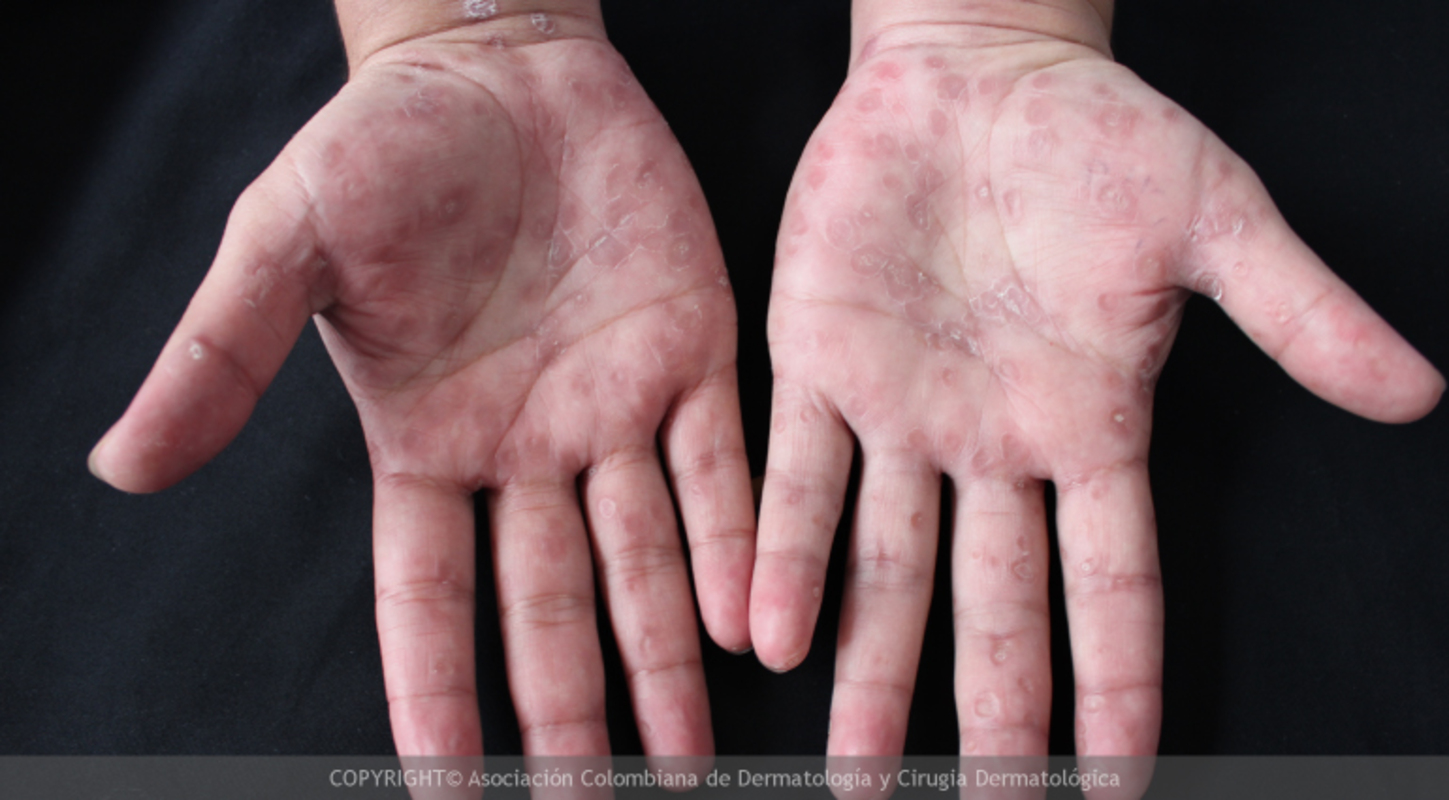
The Strain Spreading in Asia is a DANGER to the World
The ST164 Strain of the CRAB Bacteria, Recently Identified and Antibiotic-Resistant, is Spreading in Asia and Poses a Health Risk
The ST164 strain of carbapenem-resistant Acinetobacter baumannii (CRAB) has emerged as a significant threat to global public health, especially in Asia, due to its high resistance to antibiotics and the limited treatment options available.
Characteristics of the ST164 Strain
The ST164 variant is distinguished by its resistance to multiple classes of antibiotics, including carbapenems, aminoglycosides, and fluoroquinolones. This resistance is attributed to the presence of genes encoding class D β-lactamases, such as OXA-23, which inactivate carbapenems, and the overexpression of efflux pumps that expel antibiotics from the bacterial cell.
Spread in Asia
Recent studies have documented the presence and spread of the ST164 strain in several Asian countries, including China, India, and Thailand. This strain’s ability to survive in hospital environments and its resistance to common disinfectants facilitate its nosocomial spread, increasing the risk of outbreaks in intensive care units and other clinical settings.
Implications for Global Health
The spread of the ST164 strain represents a considerable challenge for global public health. Infections caused by this strain are associated with high mortality rates, especially among immunocompromised patients. Its multidrug resistance limits therapeutic options, forcing the use of last-resort antibiotics, such as polymyxins, which have significant toxicities and variable efficacy. (medintensiva.org)
Control and Prevention Measures
To address the threat posed by the ST164 strain, it is essential to implement strict infection control measures in hospital settings, including:
Rigorous hand hygiene to prevent cross-transmission between patients.
Proper use of personal protective equipment to minimize the spread of the pathogen.
Thorough cleaning and disinfection of surfaces and medical equipment.
Continuous epidemiological surveillance to detect and control outbreaks early.
Additionally, it is crucial to promote research to develop new antibiotics and alternative therapies effective against multidrug-resistant strains like ST164. International collaboration and information sharing among health institutions are essential to control the spread of this variant and mitigate its impact on global public health.











LEAVE A COMMENT:
Join the discussion! Leave a comment.